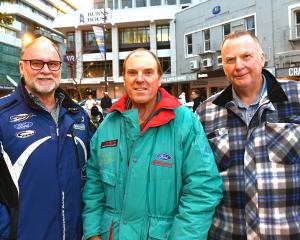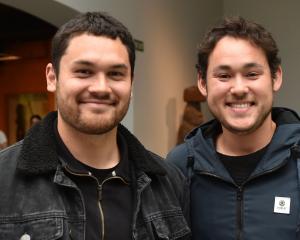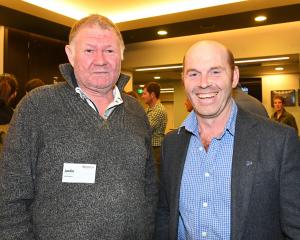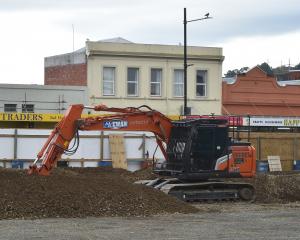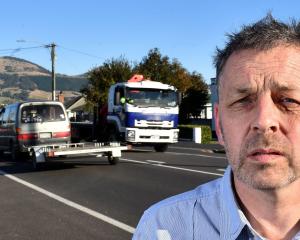Crawling broadband speeds are costing businesses in Dunedin's burgeoning high-tech sector up to $35 million in lost revenue each year.
There are now 170 information and communication technology companies in the city, employing 698 workers and pumping $78 million into the local economy last year, figures released by the Dunedin City Council's economic development unit showed.
However, DCC business development adviser Graham Strong warned slow broadband, coupled with difficulties attracting key skilled staff, were hindering the industry.
Slow broadband meant some IT companies - such as those producing film packages, software or games - were spending entire days uploading content to overseas customers, he said.
And 18 of the city's "core" high-tech companies had 24 vacancies between them, and expected 109 more over the next 12 months.
The sector's total number of vacancies was not known, but the twin problems of slow broadband and staff shortages were linked, Mr Strong told the Otago Daily Times.
"If you don't have quality tools, you won't attract quality talent."
The headaches meant IT companies were together losing between $65,000 and $98,000 each day in lost revenue, or $23 million to $35 million each year, he said.
"Of all the businesses in the community that need infrastructure, these are the guys that need it bad," Mr Strong said.
His comments followed plans unveiled by the DCC in January last year for a community-owned high-speed broadband network linking the city's business district, schools, outlying suburbs and Mosgiel.
The topic was discussed again on Tuesday when councillors and council staff met representatives from DCC subsidiary Delta Utility Services.
Councillor Paul Hudson, who chaired the meeting, told the ODT the meeting aimed to complete an application to the Government's Broadband Challenge Fund ahead of a September 30 deadline.
Plans were progressing for the high-speed network, which would feature a combination of wireless and fibre cable connections, he said.
A fibre cable connection covering the whole city, costing up to $80 million, was considered unrealistic.
Some work had started already, with Delta given authority for a limited installation of high-speed fibre in parts of the city - although the cable was yet to be laid, Mr Hudson said.
He declined to reveal exact details, saying the project was at a commercially sensitive stage.
An announcement by Dunedin Mayor Peter Chin was expected before the end of the month, he said.
Mr Strong believed the city's IT sector showed "massive potential", with five of the city's top IT companies capable of becoming $20 million enterprises.
A new internship programme would also be launched next year involving IT companies and students from the University of Otago and Otago Polytechnic, Mr Strong said.




